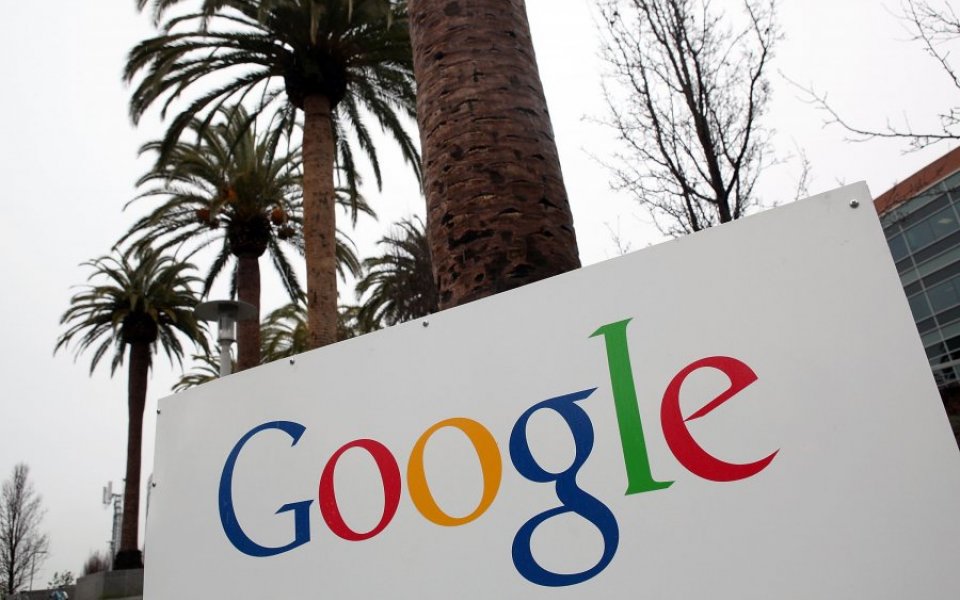Google UK tax row: If the Public Accounts Committee mistakenly equate Google’s profits to its sales when discussing corporate tax deals today, they’ll be heading down a blind alley

When the Public Accounts Committee grills Google and HM Revenue & Customs (HMRC) chiefs today, we may hear repetition of the claim that the technology giant is only paying a three per cent corporation tax rate compared to the 20 per cent everyone else pays.
The MPs could do themselves a favour by not going down this blind alley, which is based on a mistaken belief – namely that corporation tax is levied on a firm’s profits from sales to UK customers rather than the reality that it is levied on the economic value generated in the UK.
Google makes about £4bn a year of sales to UK customers. Applying the company’s global profit margin of 26 per cent gets us to a rough estimate of about £1bn of profit from those sales annually.
But that is not the figure corporation tax is applied to – and it wouldn’t be fair if it was.
Read more: Google tax: EU plans crackdown with new rules
Only a fraction of the value of Google’s UK sales is being generated by its UK staff. The products they are selling have been invented, developed and managed elsewhere, mainly California. On that basis it’s not unreasonable that most of the tax on the company’s UK sales profits is allocated to the US Government.
Are we getting our fair share? Without access to all the figures we can’t be sure, but ‘back of an envelope’ estimates suggest HMRC are not in the wrong ballpark. Sales and marketing – Google’s main activities in the UK – are about a sixth of the company’s global costs. The share of Google’s UK sales profits judged attributable to UK activity also appears to be about a sixth.
Read more: Top Tories demand simpler tax system
If we somehow persuaded the world to move to a sales based system for taxing corporate profits, we might get more from Google but we would lose elsewhere. Suddenly our exporters would be paying their taxes where they export to rather than where their employees live, work and use public services. A UK manufacturer supplying components to a German car company would pay its tax in Germany. Would this really be fair?
Our corporate tax system is not perfect. HMRC are right to probe arrangements which look like they are short-changing the UK. We are right to be working internationally to tighten up the rules. But fundamentally the system is sound. We should beware throwing it out when the alternatives are all at least as flawed. And so long as we have it politicians should judge companies by the rules as they are rather than as they imagine them.